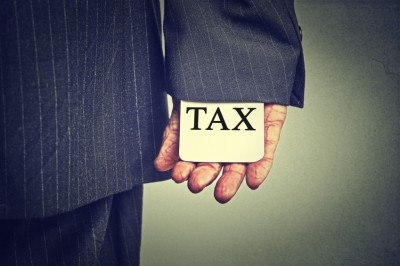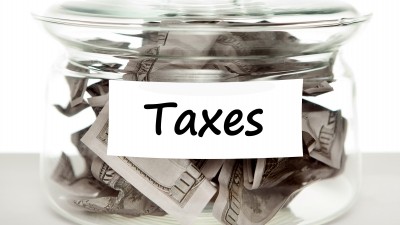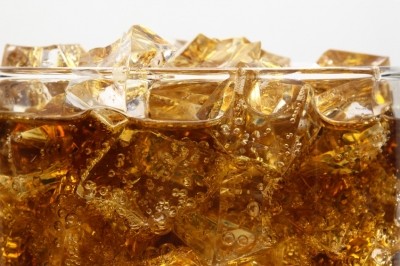'Sin taxes' must raise food prices by 20% for any effect, argue experts

With an increasing number of countries introducing levies on unhealthy food and drinks – including Denmark, France, Hungary and Finland – the UK-based experts led by Dr Oliver Mytton and Dr Mike Raynor at the University of Oxford examine the evidence on the health effects of increased duty on such foods.
Writing in the British Medical Journal (BMJ), the group argue that unhealthy food and drinks need to be taxed by at least 20% to have any significant effect on diet-related conditions such as obesity and heart disease. Ideally, they claim, this high duty rate should be combined with subsidies on healthy foods such as fruit and vegetables.
“It is basic economic theory that raising the price will change consumption, and we already use the taxation system in this way to influence behaviour,” says Dr Rayner. “We have taxes on unhealthy goods such as tobacco and alcohol. And we don't have taxes on books as they can be seen as a public good to be encouraged.”
“It is also likely that a tax on unhealthy foods would act as an incentive to encourage manufacturers to change what goes into their products and make them healthier over time,” says Rayner – who is also director of the British Heart Foundation Health Promotion Research Group.
Irresponsible
However Terry Jones, director of communications for the UK-based Food and Drink Federation responded to the publication with criticism of the suggestions: "When the whole of the food industry is focused on continuing to give hard-pressed families great tasting food at an affordable price, discussion of adding 20% to food prices seems fanciful if not irresponsible.”
A statement from the British Soft Drinks Association (BDSA) said a levy was not the way to fight obesity: “No single food or drink alone is responsible for people being overweight.” It added that all foods and drinks could have a place in a sensible, balanced diet.
Referring to proposed taxes on soft drinks, the BSDA noted that while the incidence of obesity has increased in recent years, the consumption of calories from soft drinks had not increased – making up around 2% of the average diet according to the UK’s national diet and nutrition survey.
Not a cure
Rayner is careful to state that a levy on sugary drinks alone “is not going to cure obesity by itself.”
“There is no single solution: we need an environment conducive for good health. We need a comprehensive strategy to deal with the affordability, the availability and the promotion of unhealthy foods,” he says, noting that taxes introduced in Denmark on saturated fats, and in France on sweetened drinks will provide an opportunity to evaluate the effectiveness of such measures in the coming years.
The UK expert also notes that such tariffs could have untoward or unexpected effects, and it is possible that a levy on saturated fats, like that introduced in Denmark, could be counter-productive. Rayner claims that avoidance of foods high in saturated fat could lead people to replace them with foods high in carbohydrates and salt – meaning the overall effect on health might be negative.
However he adds that introducing duty on sugar-sweetened soft drinks could be the best option: “A tax on sugary drinks is one measure that is a sure, safe bet that would change how many calories people consume across the nation and have a significant effect on obesity levels."
Source: BMJ
Volume 344, doi: 10.1136/bmj.e2931
“Taxing unhealthy food and drinks to improve health”
Authors: O.T. Mytton, D. Clarke,M. Rayner,


















